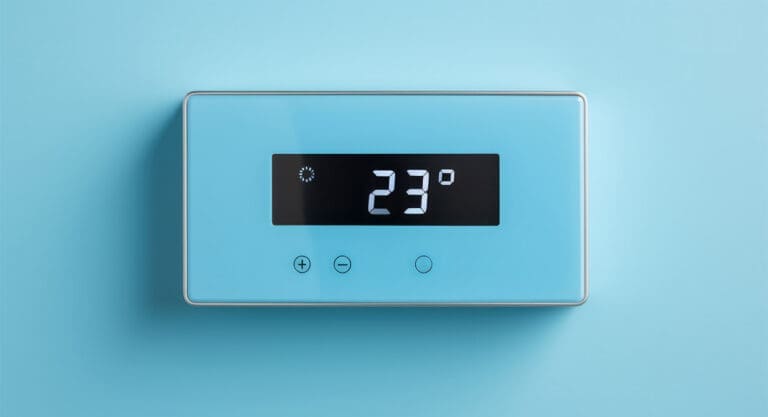Regardless of our role on a campus or in a district, we can lead. Leadership can be exercised formally or informally. Leading is not a matter of title or position; rather, it is defined by what we choose to do and not do within our current environment. The truth is that anyone—administrator, teacher, professional staff, or another role—can be a leader.
We might think of the choice of whether to lead as comparable to choosing to behave as a thermometer or as a thermostat. Both devices have a role to play, but their functions are significantly different and their relationships to the environment, while overlapping, vary in important and even determinative ways.
Actual thermometers measure and report the current temperature in a space. In the context of a school culture, being a thermometer may mean that we read the climate and reflect the culture. People who act as thermometers may understand what is happening, how the current circumstance is perceived, and how people interpret their experiences. However, thermometers do not attempt to change the environment. Cultural thermometers may point to what is working well, what is creating confusion, or what is generating resistance, but they do not attempt to influence conditions.
Thermostats also measure the temperature, but they go beyond recording and reporting to modifying, adjusting, and regulating conditions. When applied to an organizational culture, behaving as a thermostat implies our acting to modify, correct, and improve the culture we and others experience. When we choose to behave and lead like thermostats, we strive to make a difference, improve the experience we share, and align the culture to key organizational values.
If we press the analogy further, we can see how differently the choice of behaving like a thermometer varies from the leadership choice to serve as a thermostat. Here are seven examples to consider:
- Thermometers may complain, but thermostats contribute.
- Thermometers may react to what is happening, but thermostats act to change conditions and improve the culture.
- Thermometers can measure and report how good or bad things are, but thermostats use the information to manage factors and forces that matter.
- Thermometers may observe, but thermostats act in ways that will influence.
- Thermometers are quick to see problems, but thermostats seek effective solutions.
- Thermometers are prone to mimic what is happening, but thermostats are committed to model behaviors that will make a difference.
- Thermometers reflect the present, but thermostats anticipate and shape the future.
These are difficult times in education. Pressures from both inside and outside the world of education make the work harder. The challenges we face to ensure our students learn and succeed are daunting. Yet, a healthy culture of connection, collaboration, and commitment can more than overcome the pressures and challenges we face. The question is: Will we choose to be thermometers that report and reflect reality, or will we be thermostats that refuse to accept what is as inevitable and act to shift reality and build cultures that are strong, resilient, and responsive?



